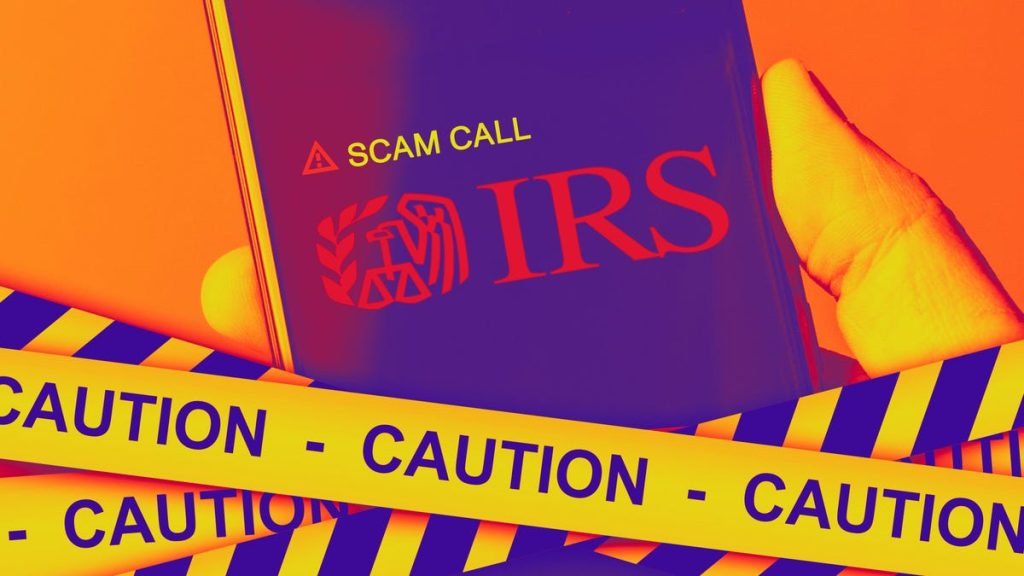With the tax deadline fast approaching, security experts are warning against falling for tax-related scams and other attempts to steal refunds and personal information. Last-minute filers are advised to take their time and be cautious when selecting a tax preparer or software. Scammers are becoming increasingly sophisticated, using artificial intelligence to create convincing scams that can easily deceive individuals. Fake websites and phishing attempts impersonating reputable tax services or the IRS are common during this time of year, with cybercriminals attempting to trick filers into providing their personal information.
To stay alert and protected during tax season, the IRS and other experts recommend filing early, watching out for phishing emails and texts, obtaining an identity protection PIN, fighting back against fraud with necessary steps, using strong passwords and two-factor authentication, and verifying the credentials of tax professionals or services. Properly destroying unnecessary tax documents is also vital to prevent dumpster diving. Ultimately, it is crucial to stay vigilant and informed to avoid falling victim to tax-themed fraud and identity theft.
Scammers often create fake websites or use various methods to impersonate the IRS in an attempt to deceive individuals into providing sensitive information or payment. Unsolicited offers promising large refunds should be met with skepticism, especially during this stressful time of year. Being aware of the methods cybercriminals use and taking necessary precautions can help individuals better protect themselves from falling victim to tax-related scams.
Filing for an extension if needed, reporting suspicious activity, monitoring credit reports, and being cautious with personal information are steps that can be taken to safeguard against fraud. It is also important to ensure that antivirus software is up to date, back up tax information securely, and use reputable services when filing taxes. By remaining proactive and informed, individuals can reduce the risk of falling for scams and protecting their sensitive financial information during tax season.
With the increasing use of artificial intelligence and sophisticated scams, individuals need to be extra cautious and skeptical of unsolicited communication and offers related to taxes. By following the advice of experts and taking necessary precautions, individuals can reduce their vulnerability to tax-themed fraud and identity theft. It is essential to stay informed, verify the legitimacy of tax professionals or services, and properly dispose of sensitive tax documents to safeguard personal and financial information during this time of heightened cyber threats.


